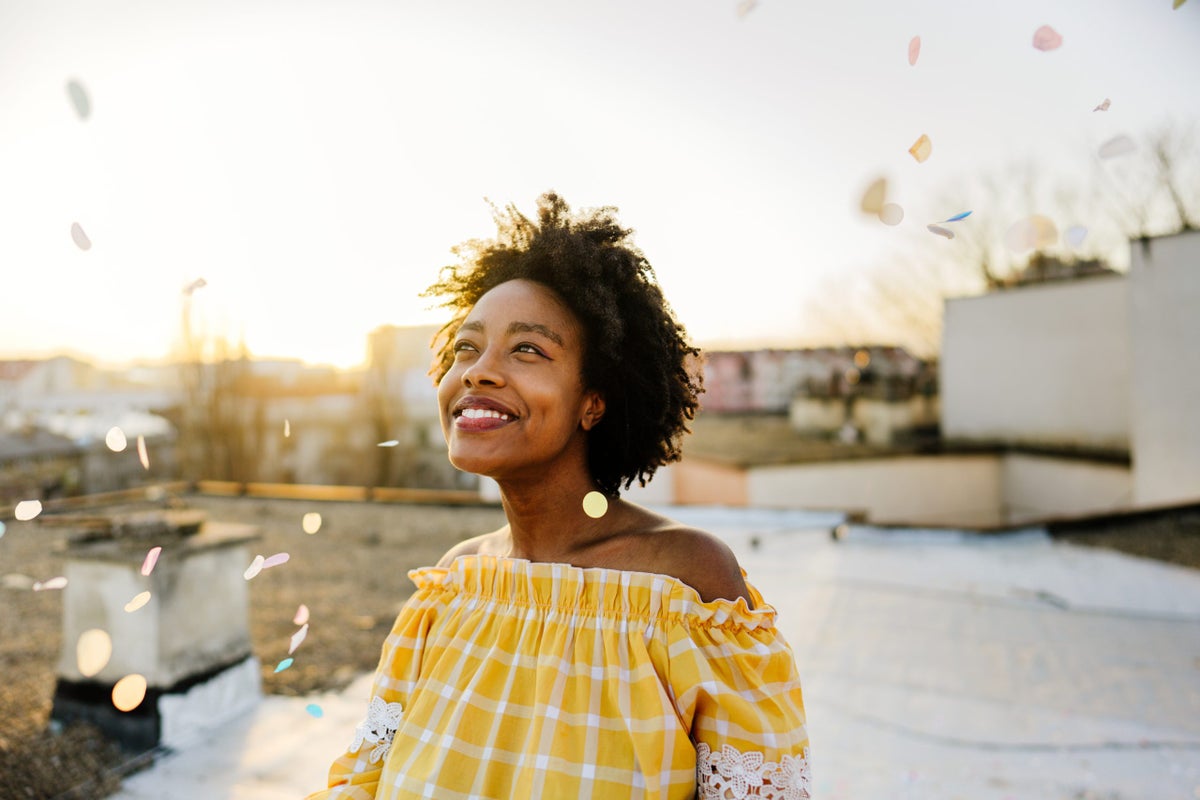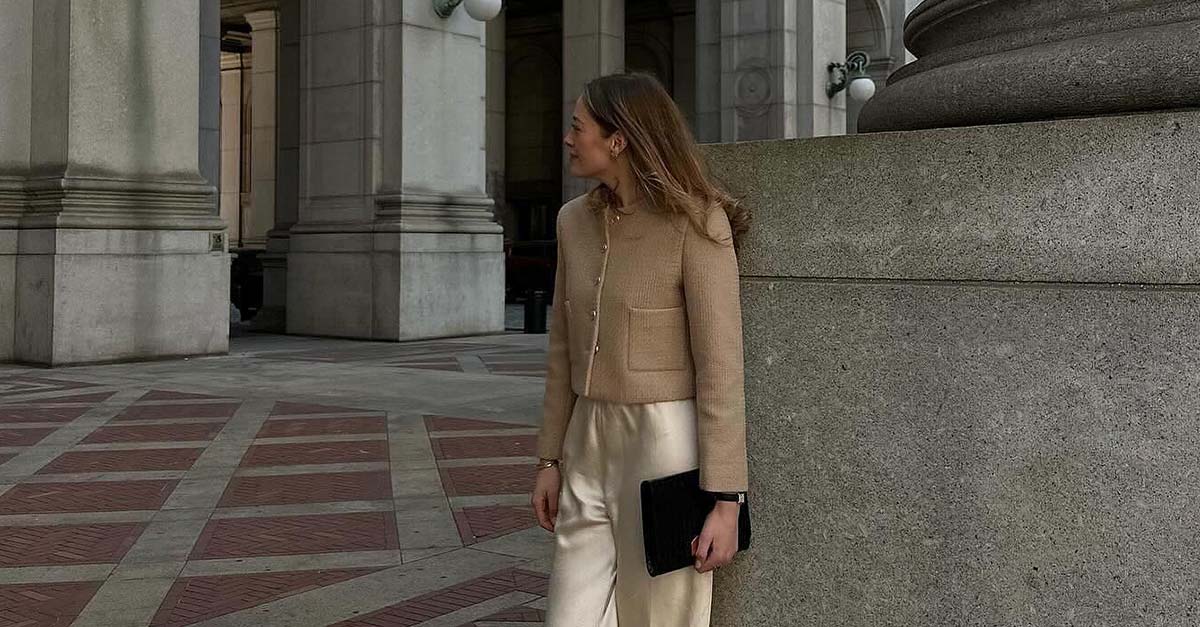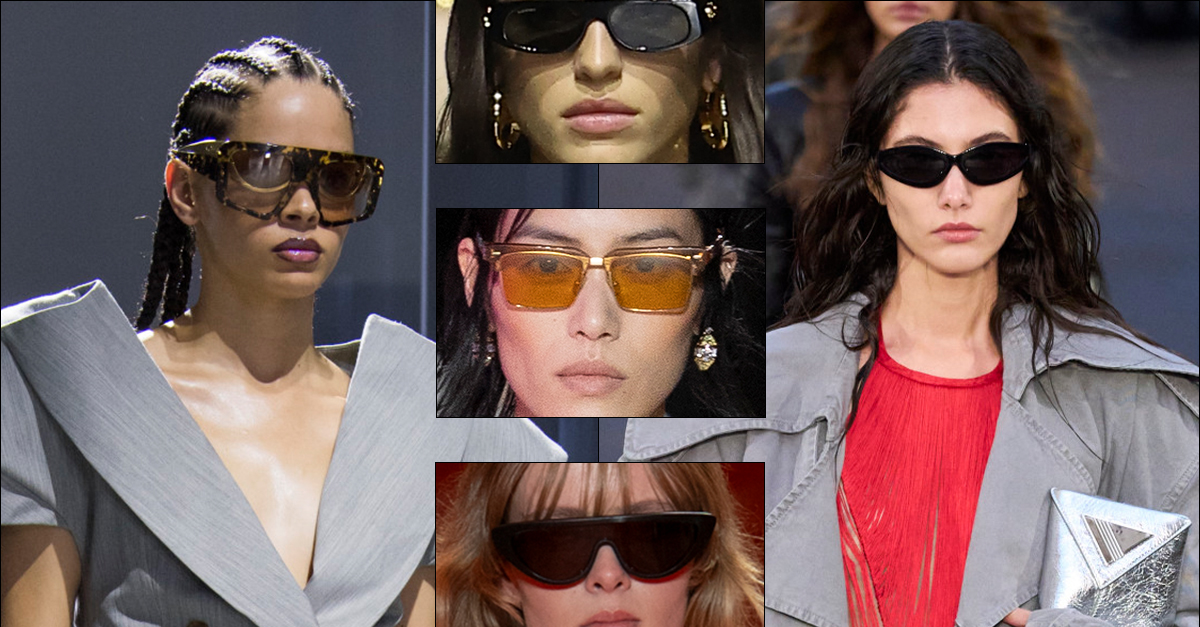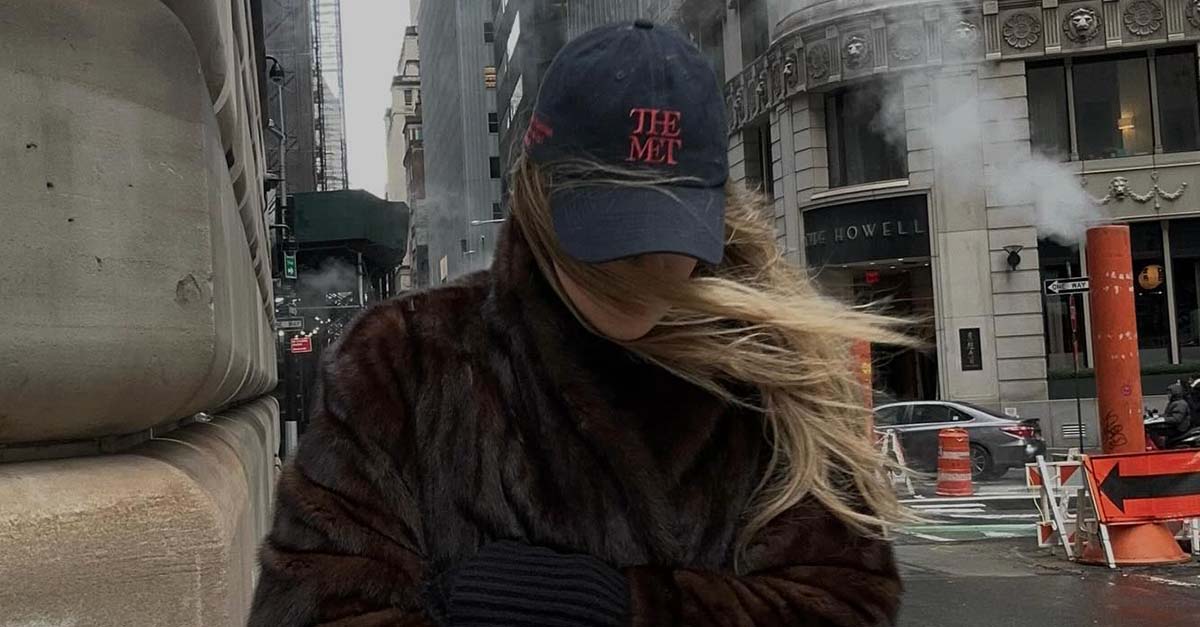
The multi-hyphenate known as Keke Palmer is living her best life. In February of this year, she gave birth to her first child, a beautiful baby boy named Leodis “Leo” Andrellton Jackson. She turned the monumental “Dirty 30” just last weekend. She’s a fashion muse to designers like Sergio Hudson, a podcaster and a serial entrepreneur. And the talented actress, singer and talk show host just happens to be gracing the cover of our September/October 2023 issue. (Light flex.) This mama is the epitome of the hashtag: #bookedbusyandblessed.
Yet, the renaissance woman faced extreme backlash from both men and women about her unapologetically bold choices on everything from fashion to how she decides to spend her free time. First Darius Jackson, Palmer’s boyfriend and father of their son, publicly expressed his dislike of the new mom’s sexy attire when the star attended an Usher concert in Las Vegas last month. It opened the door for the virtual peanut to weigh in too. People found not-so creative ways to critique another adult’s style choices and even her ability to “appropriately” raise her son. While thousands of fans rallied around Palmer to support and celebrate the media mogul, far too many others revealed just how alive archaic motherhood ideals are — especially for Black women.
We reached out to our faves Erica Dickerson and Jamilah Adams Mapp of Good Moms Bad Choices to get their unfiltered opinions on this important topic. The best-selling authors, podcasters, creators of The Good Vibe Retreat and mothers of eight year-old daughters didn’t hold back. (And we’re so glad they didn’t!) Keep reading for their take on being a carefree and sexy mom, staying 10 toes down on your convictions as a woman and how a good ‘ole cry can help you level set when life gets extra hectic.
ESSENCE: Everyone has something to say about Keke Palmer. What do you all want to add to the conversation?
JAMILAH ADAMS MAPP: Historically men have thought that making someone a mother gives them some type of ownership. It’s unfortunate. The bodies of Black women specifically have been policed. There’s this invisible measure of what makes us worthy. If you’re a mother, or if you’re a wife or a girlfriend, there’s a way in which you’re supposed to carry yourself, or a way you’re supposed to be in order to be worthy of marriage or motherhood. The same things that men are appealed by are the same things they later chastise us about. It’s rather confusing.
Part of the experience of giving birth is the empowerment you experience just through your body. Like, I can do that. And a lot of times, because of the birthing systems, we know that Black women don’t leave hospitals feeling empowered. But if you can, and you’re in the position after giving birth that you’re in tune with your body, you’re feeling empowered by your body, it’s natural to want to express that. Sometimes that’s with clothing, and sometimes that’s by going out, being with your girls.
ESSENCE: Erica, anything to add?
ERICA DICKERSON: I mean, I for sure agree with Jamilah. How are you going to villainize my sex appeal? My sex appeal is [partly] what brought us here. So, now that I’m a mother, my sex appeal doesn’t just go away. I’m proud of Keke and how she’s stood 10 toes down in her motherhood, in her sex appeal and in her sensuality. A lot of women would’ve backed down, a lot of women have backed down, have reverted backward, and covered up or buttoned up.
ESSENCE: One would think if you’re always feeling beat up, not seen, not able to express yourself, you’re likely to pass that energy onto your child. But the more you’re doing things that make you happy, one can assume that’s going to translate to how you parent as well.
DICKERSON: Period. You have to be whole before you can pour into other cups. That includes being a good mom. On our podcast, we speak about this a lot, and it does get backlash. People think once you become a parent, you have to live and die by your child. Yes, my child is top priority. Her happiness is my happiness, and my happiness is [also] her happiness. It goes both ways. If I am not feeling fulfilled, if I’m not taking care of myself, then I am no use to her, and I’m no use to myself.
Ultimately, my unhappiness will reflect onto her as she grows up. A lot of us as women, we’ve seen the sadness of our mothers. We didn’t even know it was sadness. It came out in different ways, like as her being mean or angry, and as not understanding that she was limiting herself because society had told her she had to sacrifice so much in order to be a good mom. So much of her time, so much of her energy, so many experiences that she had to say no to, because if she said yes, people would judge her, and she would be labeled a bad mom. There is absolutely some sacrifice in motherhood. But the whole role is not one of sacrifice. I refuse to subscribe to that.
ESSENCE: Right! Why shouldn’t mothers have agency over their lives and what they enjoy doing outside of mothering?
DICKERSON: Granted, once you become a parent, your interests might change, too. You may not want to dance on tables anymore. You don’t want to go to the club, you’d rather go on a retreat, or you’d rather go on a luxury vacation with your girls and dance on international tables. The local club ain’t hitting no more like that.
MAPP: There’s no rule book about what brings you pleasure. Joy is our medicine, and we’ve been blindfolded to believe that it’s not. Erica and I are here to dismantle this idea that motherhood has to be self-sacrificial, because that is the biggest crock of sh*t we’ve been fed. I also don’t want my daughter to look at me and see someone who’s cut off her joy and her pleasure, and then think that she, too, has to do that. I want her to show up human, and I want her to show up in her full self in every relationship. And so, I’m glad that she gets to see me take time to take care of myself, whatever that looks like, whether it be traveling, going to the club, or things that someone else may think are immature or pre-baby activities. There’s no such thing.
ESSENCE: Are other new moms like Rihanna helping to shift this tired narrative?
DICKERSON: Yeah, but there’s still a lot of work to do, and we can’t do it alone. We need men to support the movement, as well. Once men start to understand the importance in protecting us, and also do their own healing, because I’m not sure that they can protect us before they actually do the work that they have to do on themselves, then we can begin to feel a true shift. Otherwise, there will continue to be a lot of pushback, and it will feel like we’ve moved the needle forward, and then it goes backwards. There’s a real division between men and women, unfortunately. Even in this feminist space, there is a detriment to excluding men. We need men’s support in order to really expand and grow in having autonomy over our choices, our bodies, and society getting on board with it.
ESSENCE: Speaking of bad a– women like you both who are maintaining dope careers and an active personal life all while being engaging mothers, what are your secrets for balancing it all?
DICKERSON: Crying.
ESSENCE: Love that.
DICKERSON: There is no perfect work-life balance. Sometimes you fall short, and sometimes you’re killing it. I’ve had a lot of dark moments where I felt like I have no balance, and also, my daughter is telling me and showing me that I have no balance. And then, I’ve had moments where I’m like, I’m finally balanced and she’s happy, or I’m giving everything I can to her, but I’m unhappy because I haven’t been pouring into my own cup. Our children’s needs are constantly growing, the needs of my business are constantly growing, my needs are constantly growing, my partner’s needs are constantly growing. So, it’s a lot of communication, it’s a lot of self-regulation, it’s a lot of checking back in with yourself. Try to create certain frameworks for your life that work for you. But ultimately, you’re not going to get it right every time. We have to accept that life be life-ing, and you just have to roll with the punches.








